What You Should Know Before You Consider Refinancing
If you have a high interest rate, you may have considered refinancing . However, you should do some research to learn all you can about refinancing before you proceed.
Here are a few things you should know before you consider refinancing.
1. Often times the cost of refinancing can offset the savings you were expecting to get . The average fees range from $1900 to $3650 and this doesn’t include the loan origination fees, PMI or discount points.
2. In some states, if you refinance your home, your new loan is then considered a “recourse product.” That means if you default on your loan and the sale of your home doesn’t completely cover what you owe, the bank can seize your other assets.
3. Your current loan may include a prepayment penalty. So you will need to consider the prepayment penalty fees you will incur to determine if refinancing your loan is really worth it.
4. If you refinance your mortgage, you will need to make sure you are able to stay in your current home for at least two to five years to recoup the cost of the refinance; otherwise, you could lose money.
5. If you have recently refinanced your mortgage and you are considering refinancing your loan again, you will not see much if any savings at all. It’s not a good idea to refinance unless you can drop your interest rate by at least a point and a half – two points or more is preferable.
6. Qualifying for a loan is even more difficult than ever due to the recent housing market debacle. Therefore, you will need a credit score of at least 720 to get a reasonable interest rate. Anything less than that will earn you a higher interest rate and it’s possible you may not even qualify at all. Not to mention the mounds of paperwork you will have to wade through and a long drawn out couple of months to get through the approval process.
Before you consider refinancing, you should talk to your realtor. In the state of the current housing market, your realtor may be able to find you a more suitable home for less money than it would cost you to refinance your existing home.
Additionally, if you have equity in your home, you could use that as a down payment on your new home, which will better your chances of getting your new mortgage approved.







